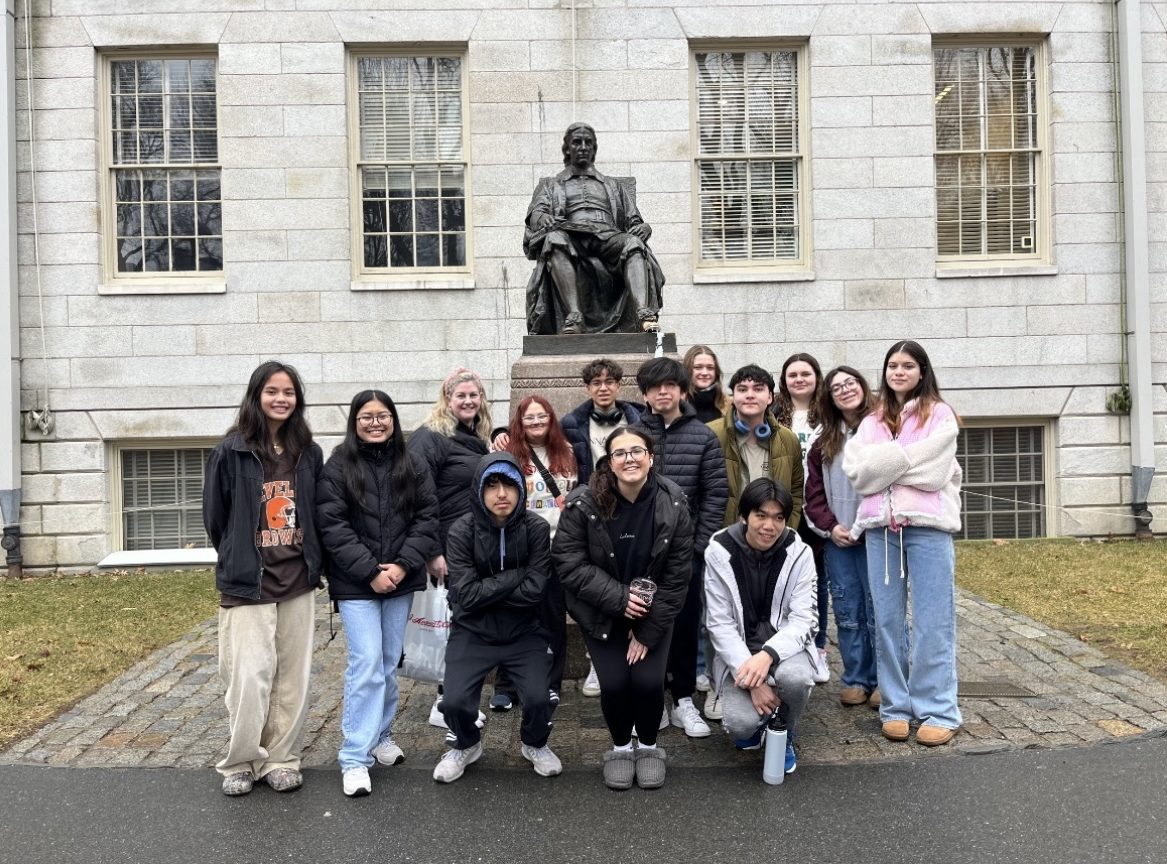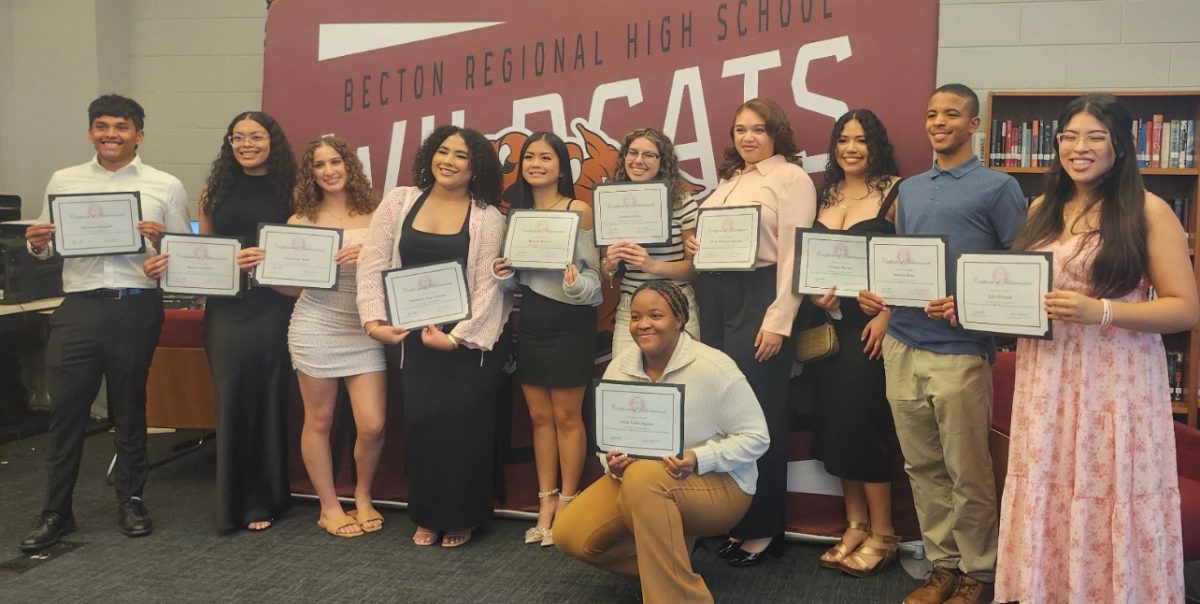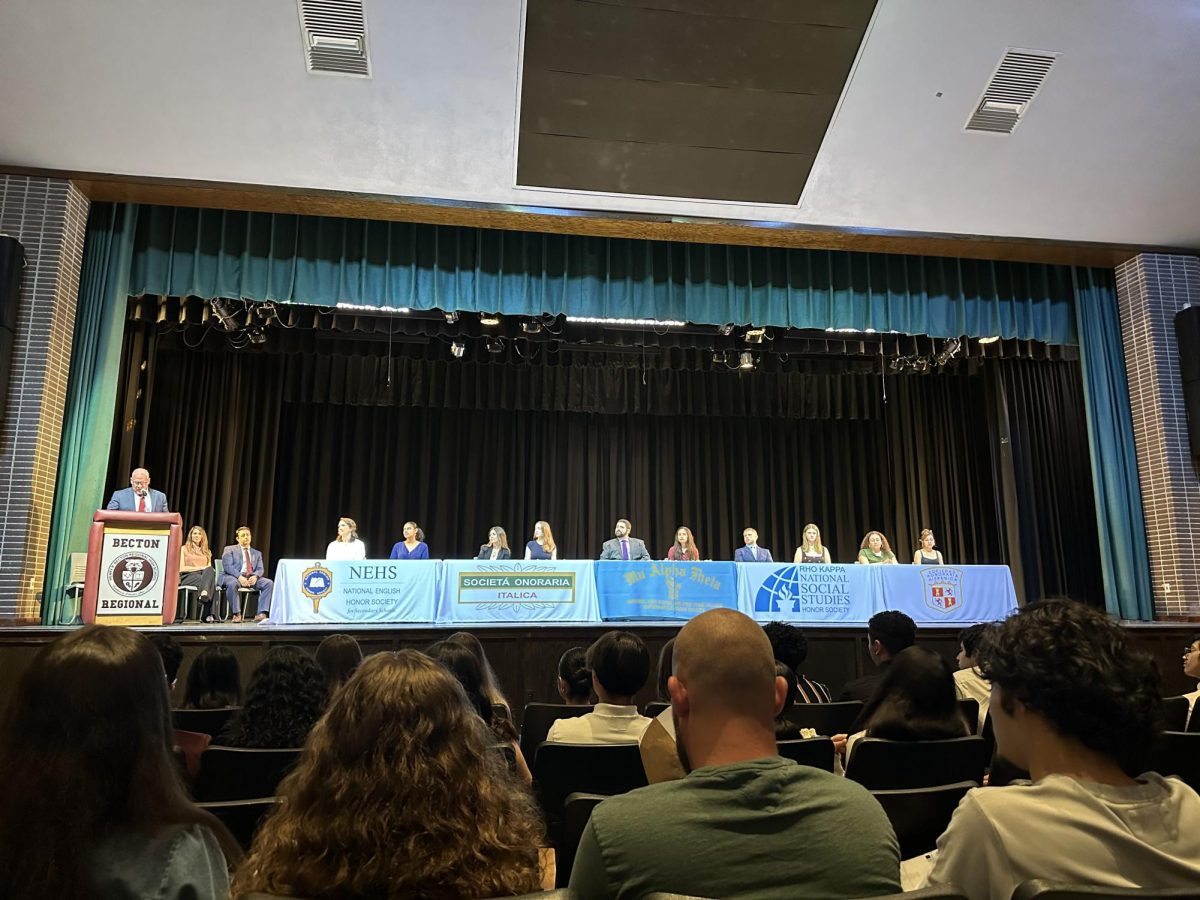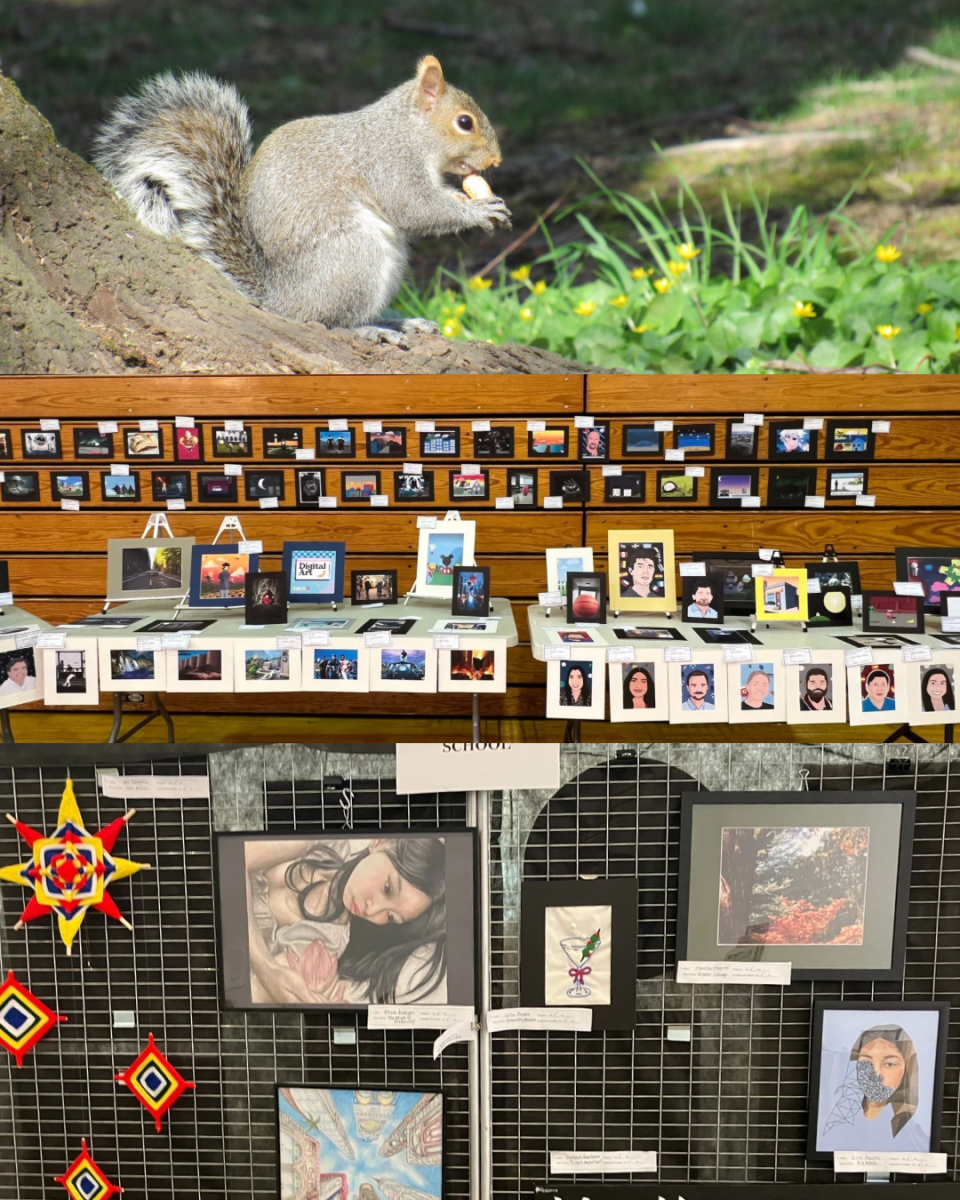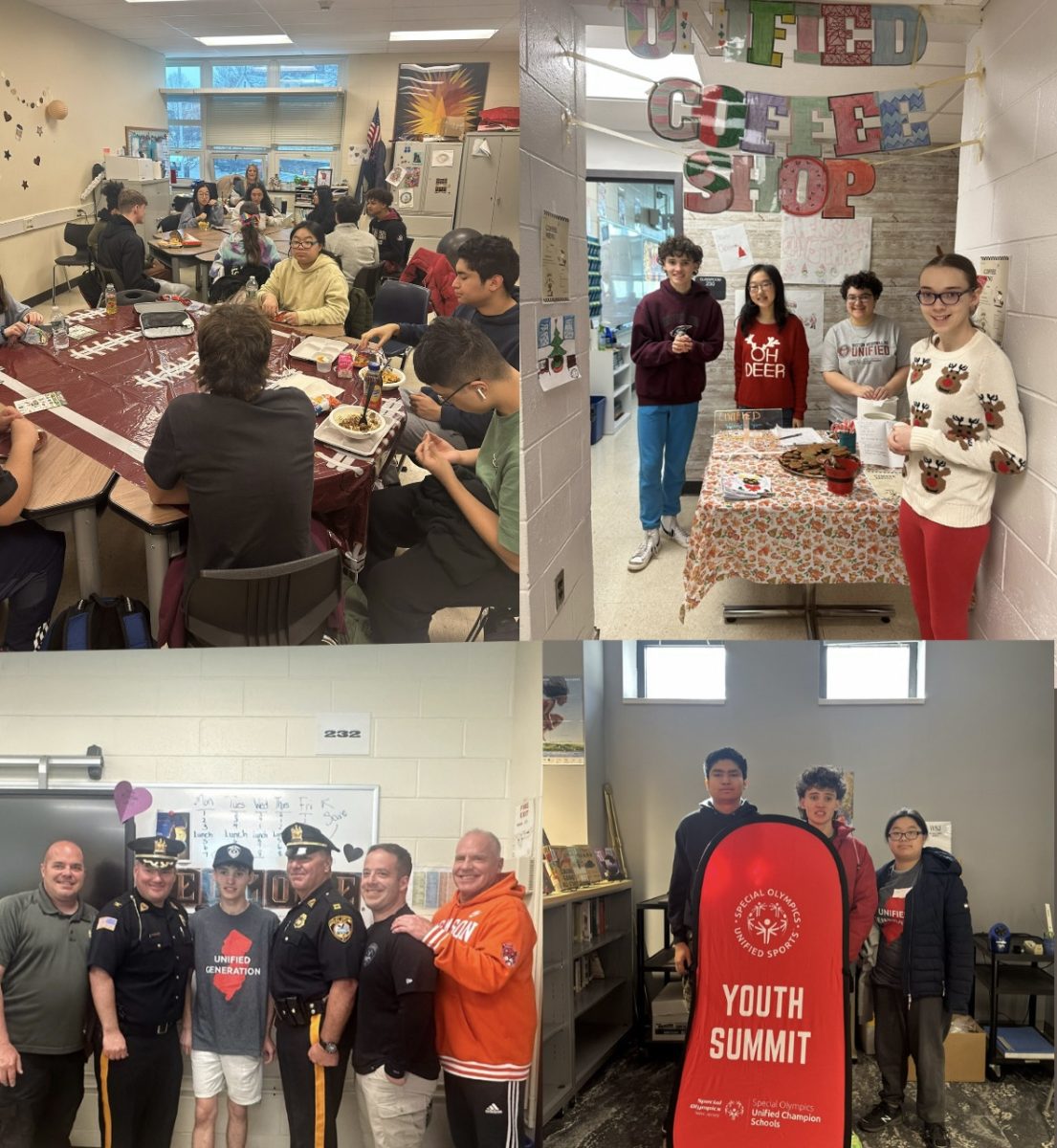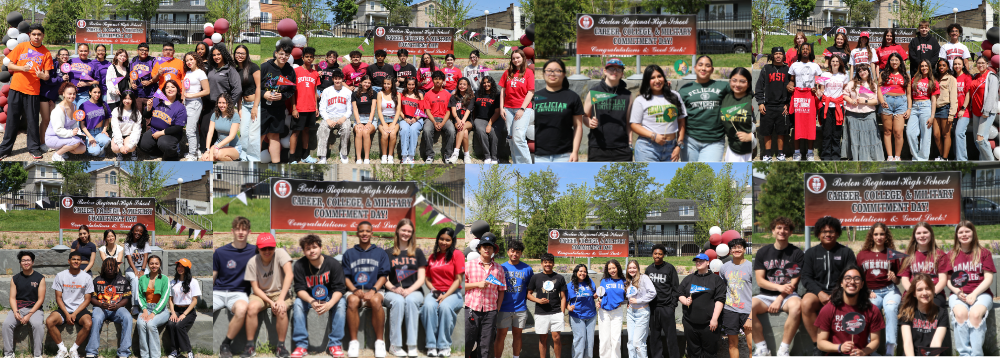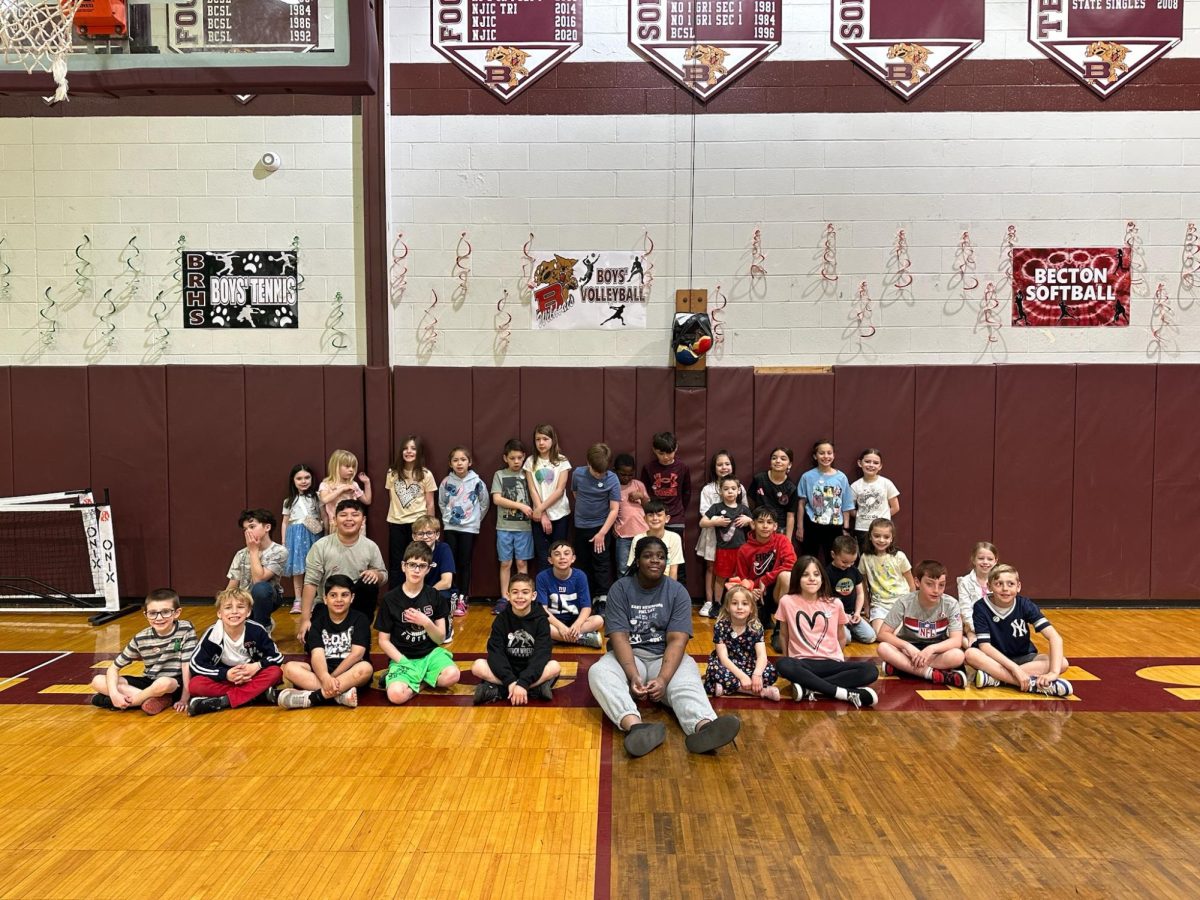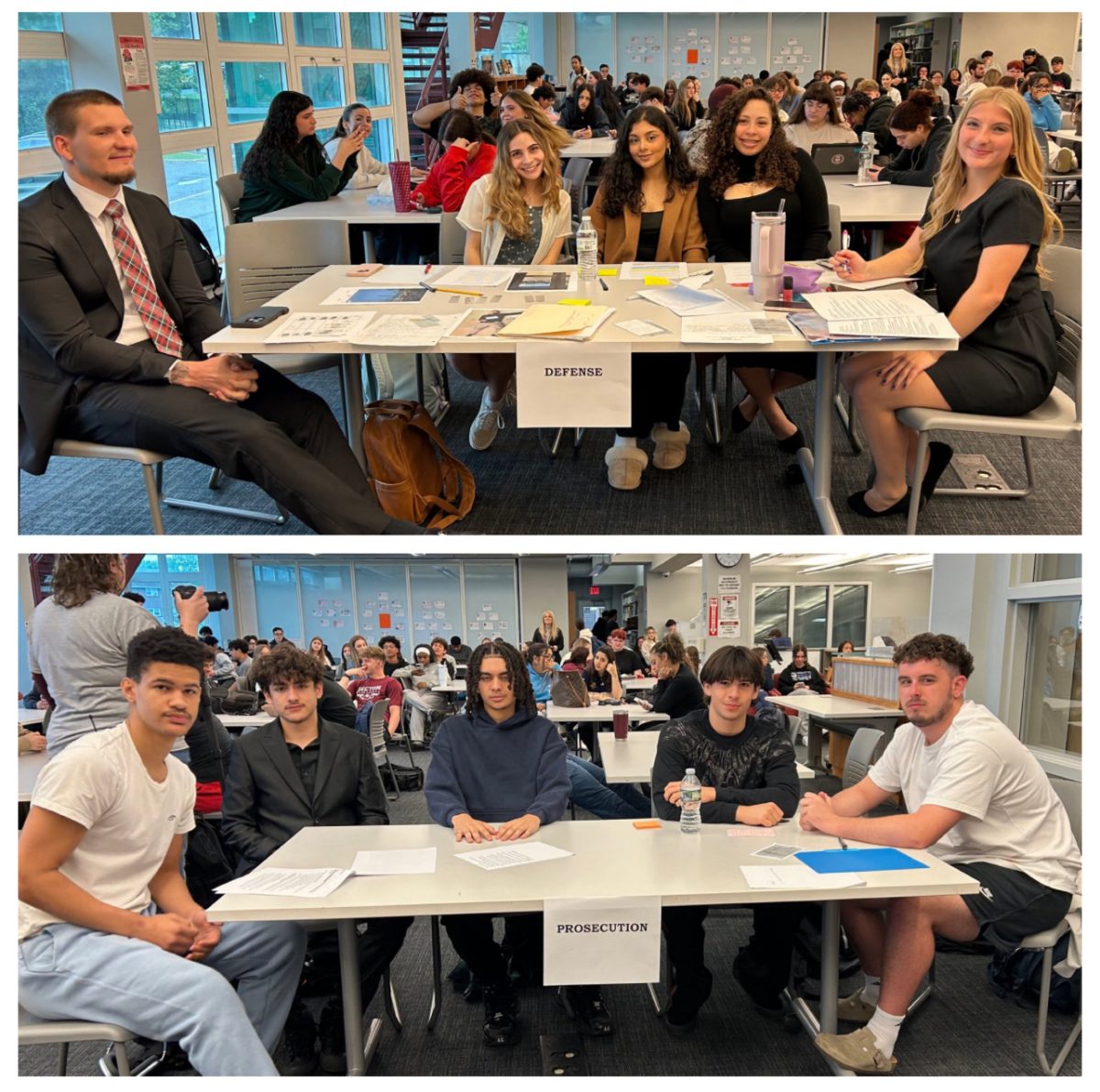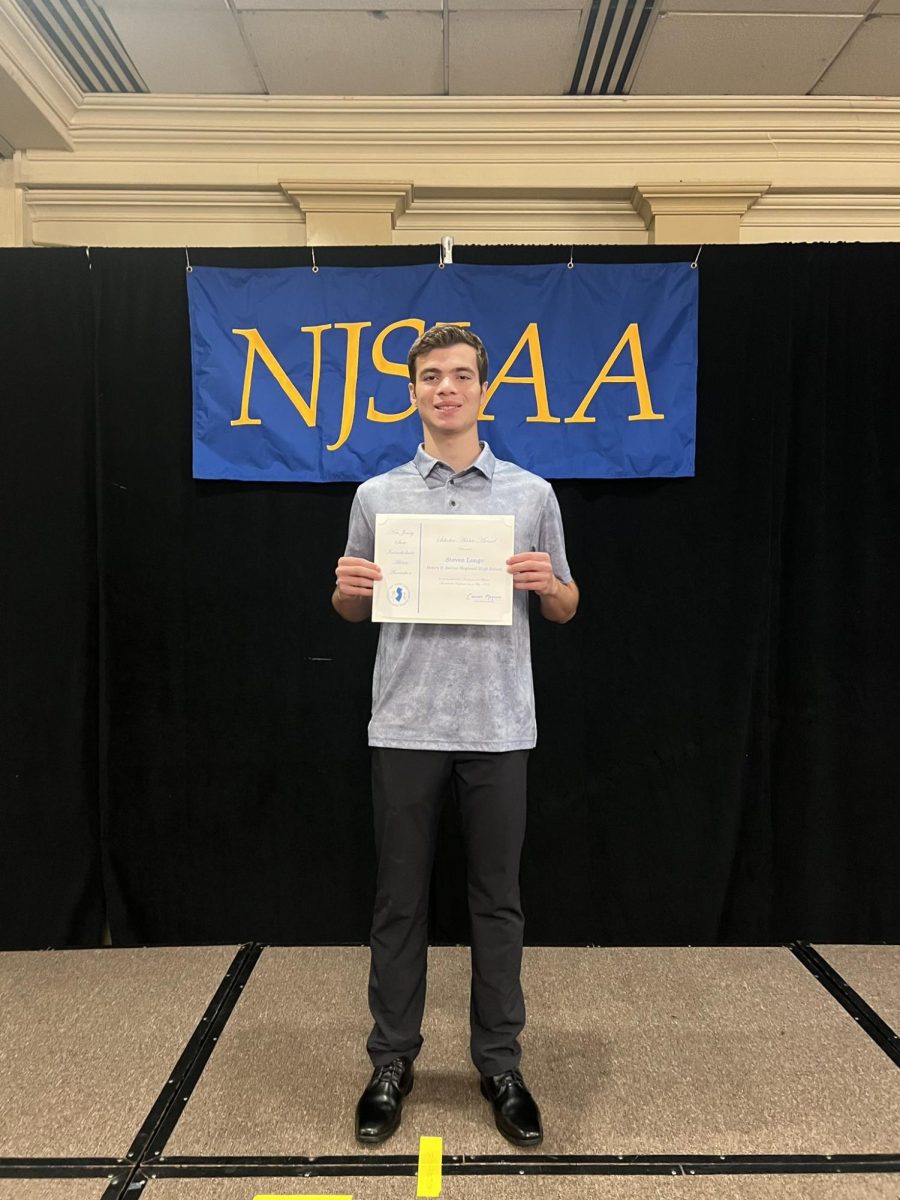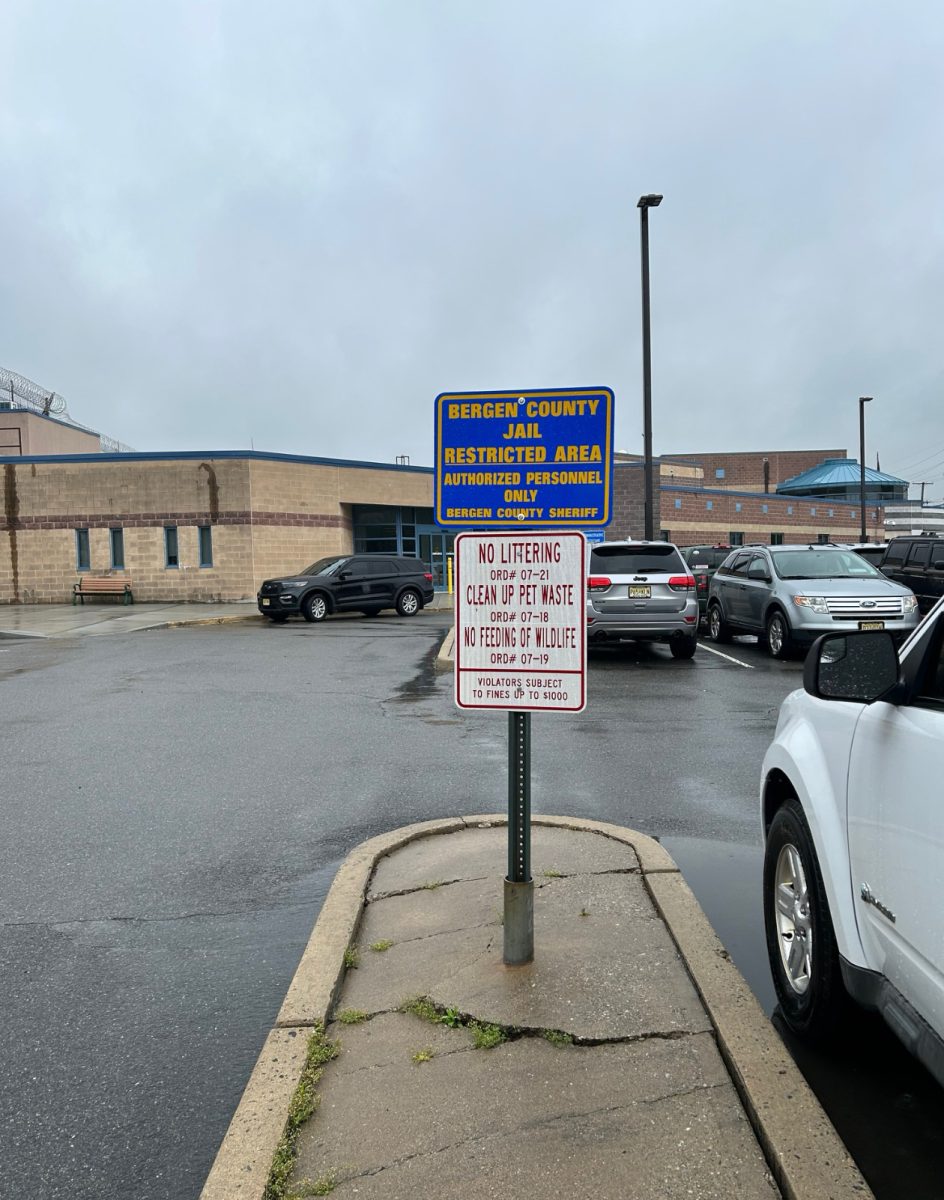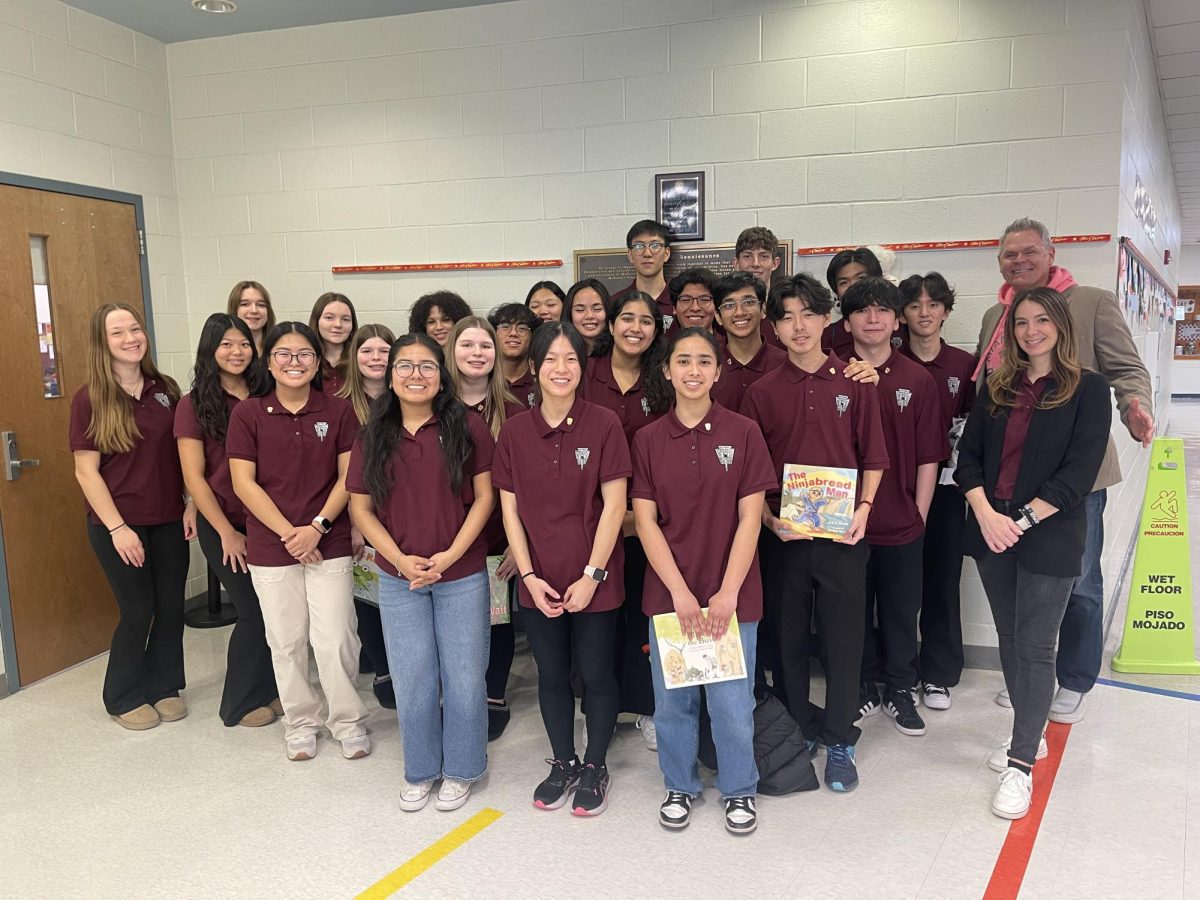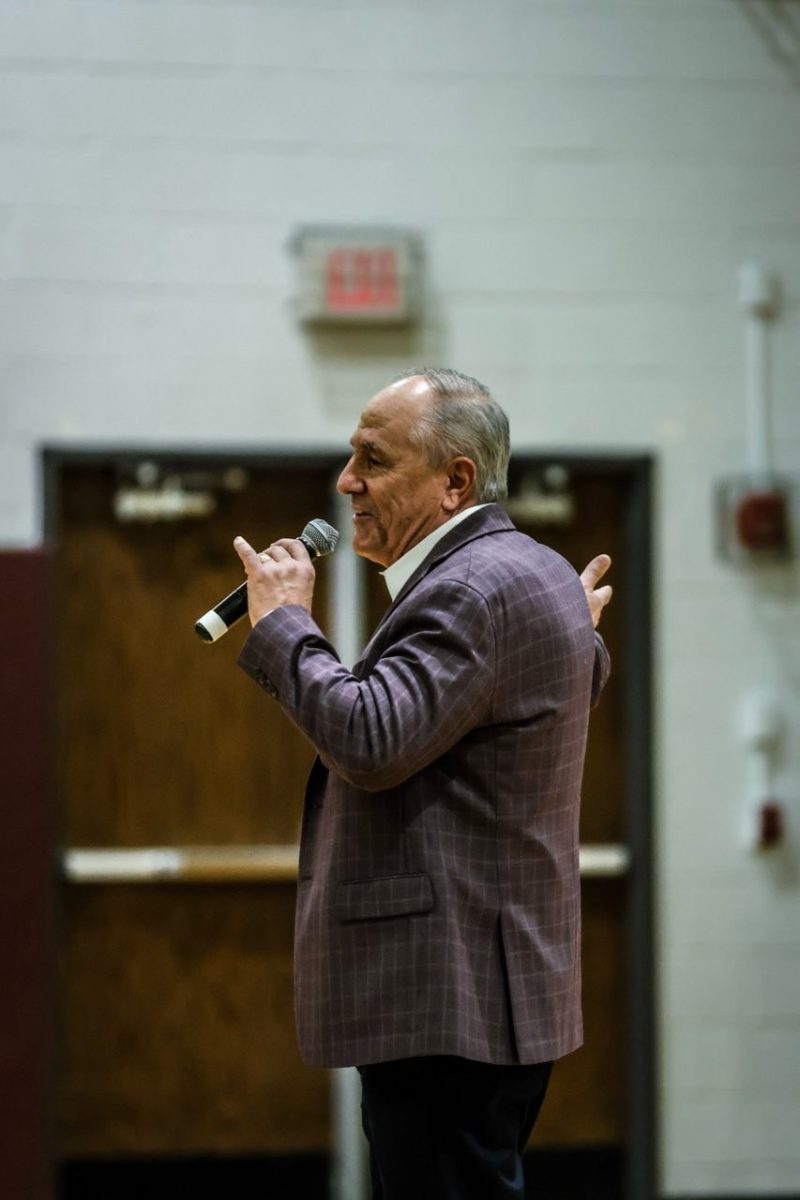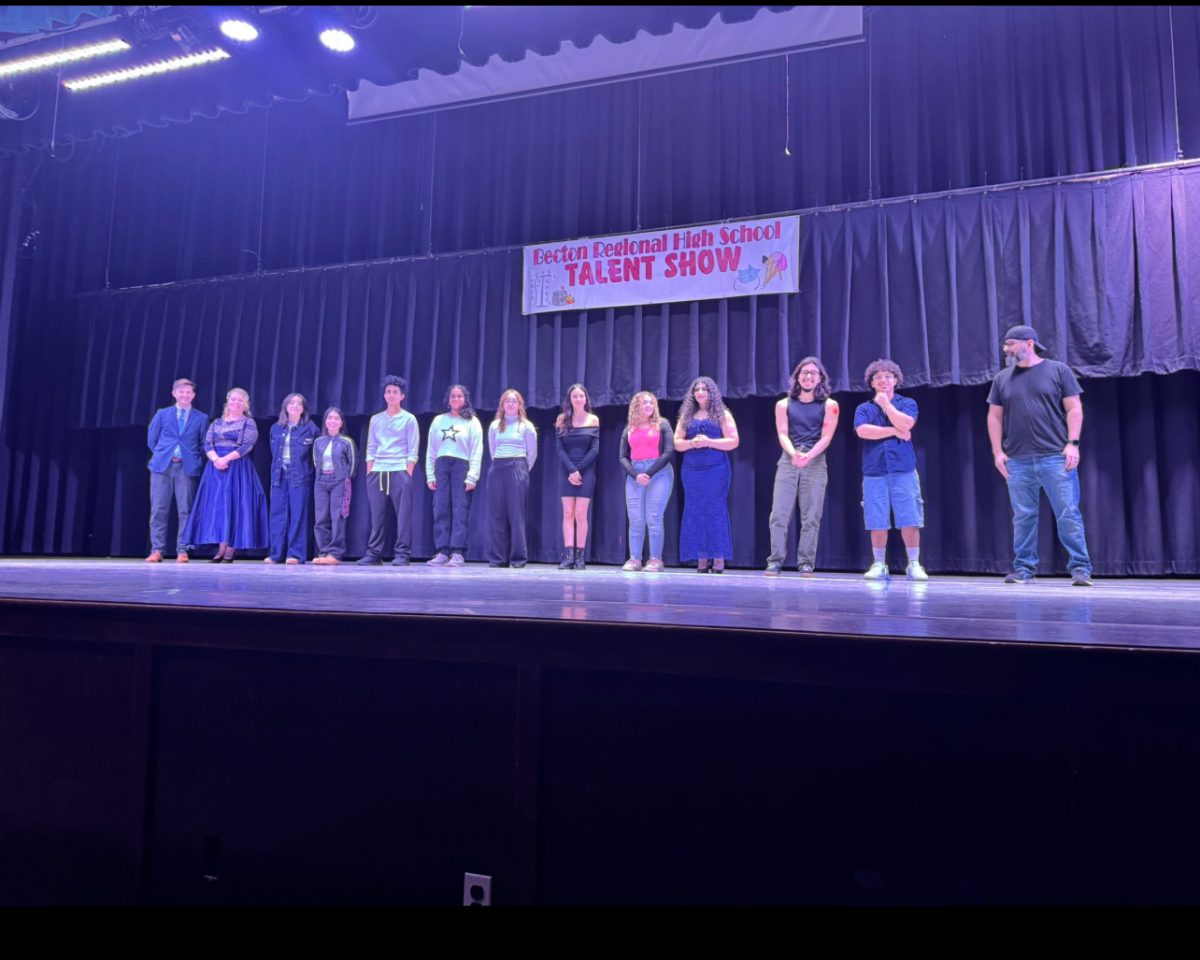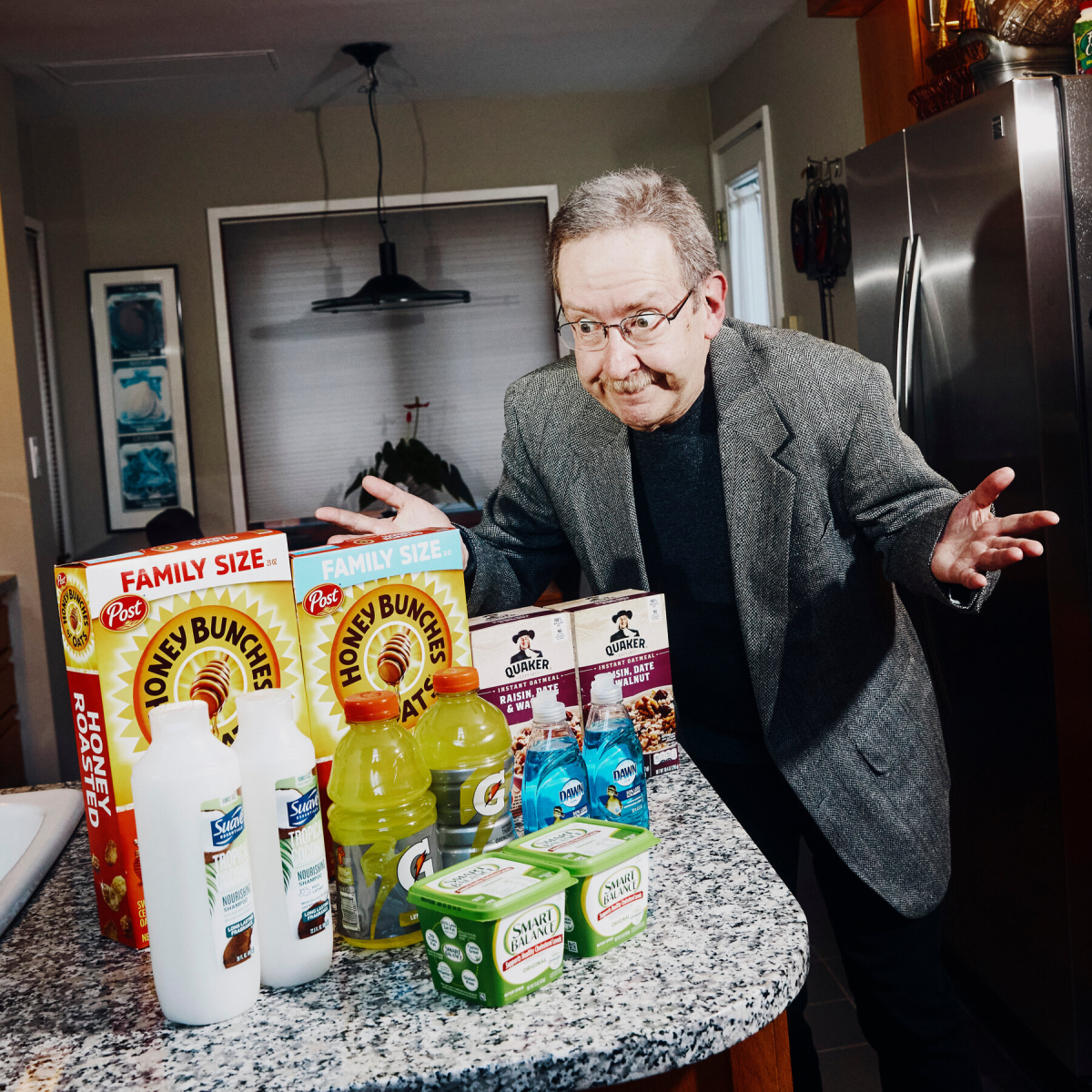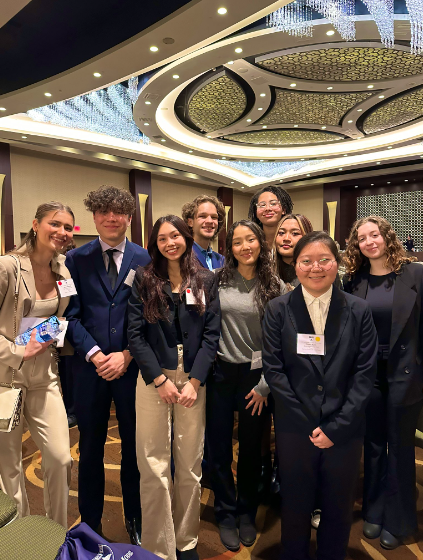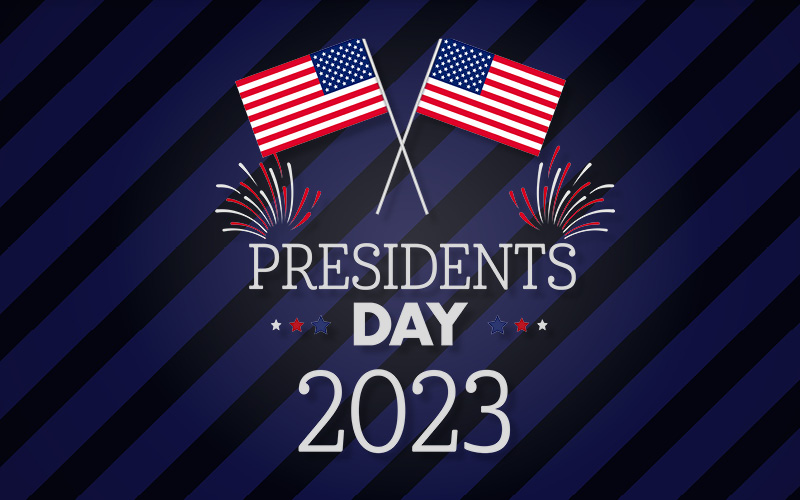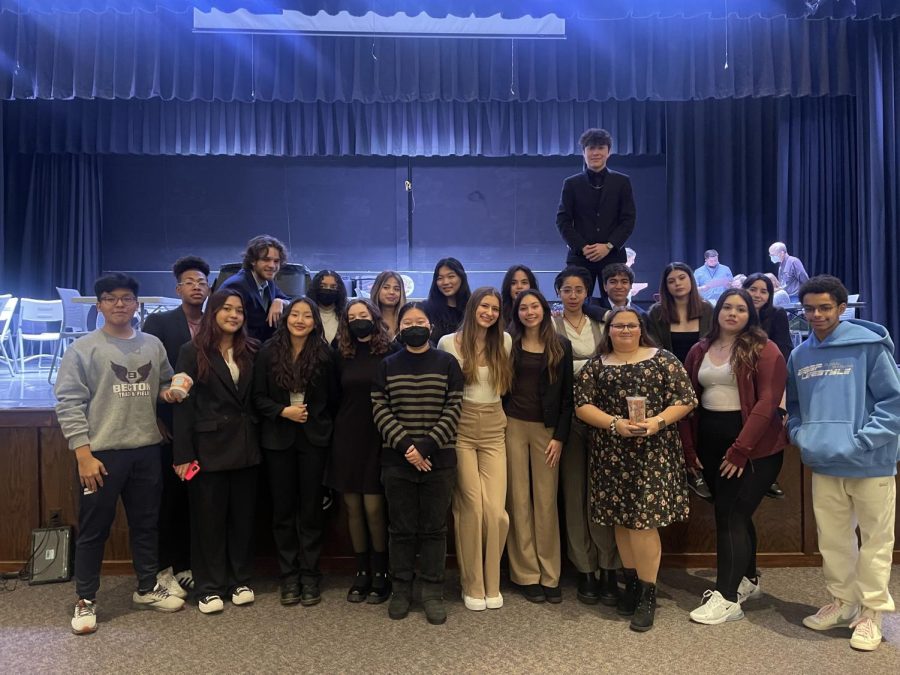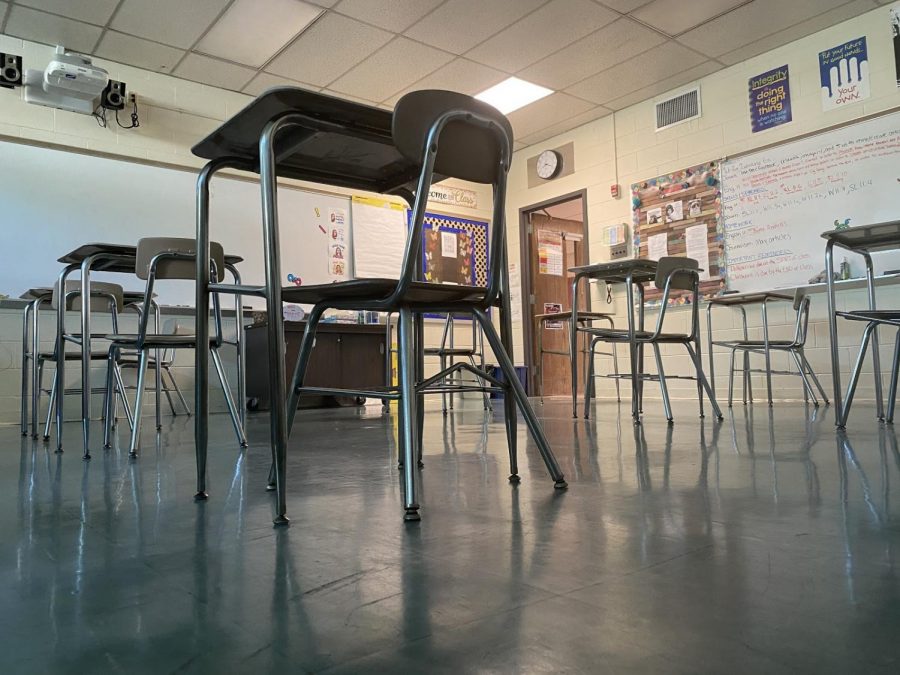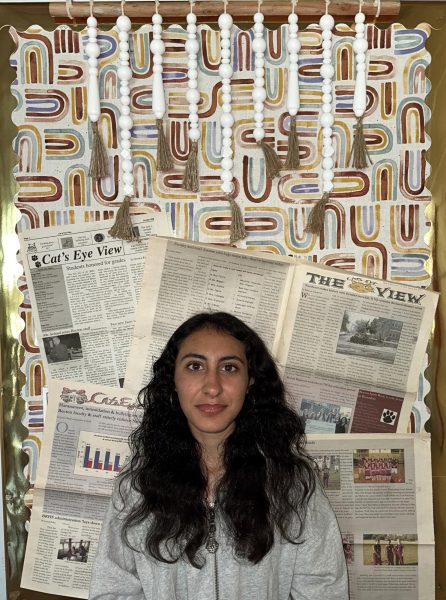On Feb. 22 through Feb. 25, 2024, Becton debate students attended a Harvard Model Congress held at Sheraton Boston Hotel in Boston, MA. Students who attended the field trip were expected to attend meetings that simulate professional meetings that happen in the House and Senate.
This year’s HMC participants were as follows: Adam Almshref, Claudia Da Mata, Charlotte Ferriolo, Anastasia Georgas, Baback Ghalamsiah, Tenzin Gungpa, Maria Hailos, Gabriella Jaskot, Eric Jiang, Joseph Lapitan, Tenzin Namdol, Tara Nyima, Nataniel Paredes, Prisha Patel, Christian Perez, Robert Polanco, Samantha Restrepo, Karolina Rupinski, Marisa Sclafani, Mika Tampadong, Kimi Tampadong, Noella Turla, and Francesca Zisa.
According to Rupinski, “Most of the time I spent at Harvard I spent attending committee meetings, in which I worked with students from other schools to establish bills relating to what their topic was. Once a bill was established, it would be presented in full Senate, where it would either be passed, or voted against. Sometimes the bill could not even make it to the full Senate due to the fact that it could have been voted out in the committee meetings. These activities took up most of my days. With there being typically two committee meetings lasting 2-3 hours daily, and typically one full senate, lasting 3 hours daily. In the time that we had free, we often went on little excursions, some of us went to the Harvard Campus, and one time to the Quincy Market!”
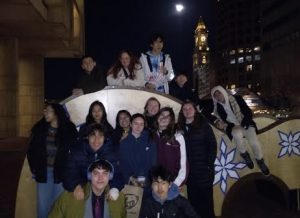
As for Ghalamsiah, he was a delegate to the presidential cabinet, which was the committee that debated on whether the bills passed by both the House and the Senate should be signed into law.
There were a large variety of topics that were discussed during this year’s Model Congress. Since Model Congress is created based on how the real American Congress operates, students debated topics that ranged from domestic issues, such as bridging the digital divide or privatizing air control, to foreign relations and what bills to propose in order to maintain peace with other countries. Rupinski’s two topics that she debated were how to bridge the digital divide and expand broadband internet access, as well as gene editing and GMOs.
Ferriolo states that each student had different assignments to advocate for based on the committee topic they found themselves best fit with. Her committee topic was Senate Energy and Natural Resources and students had to come together to form bills to present to legislation in full committees. The goal is to replicate how our government works to students, and they have the opportunity to play a vital role in improving the government for U.S. citizens. She proposed a bill to help U.S. citizens with the lead pipes in their homes, which resulted in numerous deaths in the last year.
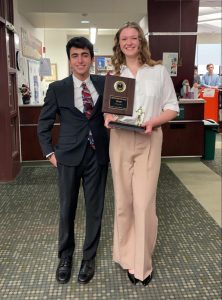
A total of 85 schools attended this year’s Harvard Model Congress. However, from the students that Becton did get to talk to during the committee meetings, many of them came from New Jersey or New York. Stated by Rupinski, “It was interesting to get to meet new people from around the country, some of them even flew in from as far as Alaska. Everyone was very kind to each other and it was fun to be able to hear about the interesting facts from each state.”
Polanco adds, “Attending these model congress trips is one of my favorite activities as I get to meet students from across the nation. I’ve met people from Florida, California, Kentucky, Texas, New Hampshire, and so on. Every single person I’ve met at these events is unique and a joy to be around. Some take the event extremely seriously, some are incredible speech givers, and others crack jokes and relax. Everyone there has their own form of presentation, and it is interesting being able to experience it all.”
Rupinski and Ghalamsiah finished in second among the twenty-four pairs with a strong 3 win, 1 loss, 112 point performance! Included in the win was a 32 of 35 team point fourth round, giving Rupinski and Ghalamsiah two second and one third place awards. In addition to this, Becton’s judges were recognized for their excellence and Anastasia Georgas was selected as “Best Judge” for the second time this season!
The Management remarks the students’ speeches as “wicked good” and they were “poised and persuasive.”
Mr. Carr is credited for the success of the team. One of his great traits is that he never lets his students, for one minute, doubt themselves. He only wants the best for them and always encourages them to try even if they do not feel they’ll do well. Mr. Carr is the person that motivates Rupinski to get out of her comfort zone, both in and outside of debate.
Rupinski further praises her coach, “He is the reason that I am on the Varsity team as he told me to at least try it out. I could never ask for a better debate coach.” In the words of Ghalamsiah, “Mr. Carr has given me the opportunities I have been fortunate enough to take advantage of to further develop my public speaking skills– ones I have been able to apply to other aspects of my life too. Whether it was my affirmative speech or my negative attack plan for this year’s debate topic, Mr. Carr has always been there to provide me with insight that has allowed me to challenge myself and grow as a debater, to the point we’ve won the Nearly Famous Debate team three trophies already!”
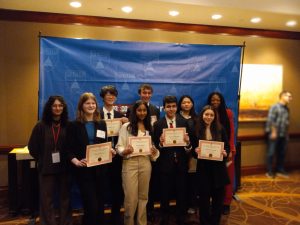
Nine delegate bills passed out of committee. Three were chosen to participate in “Emerging Voices,” a politics and public policy program within the conference. As for the Emerging Voices Speech Contest, three students qualified for it from Becton. The three students were: Charlotte Ferriolo, Baback Ghalamsiah, and Tenzin Namdol! Remarkably, Ghalamsiah used his time to close the seminar with a speech on how he’s been able to advocate and continue to advocate for medical policy reform in the hope of combating some of today’s most pressing medical issues.
All in all, the Harvard Model Congress was a raging success and Becton students were praised for their professionalism and compelling speeches.


